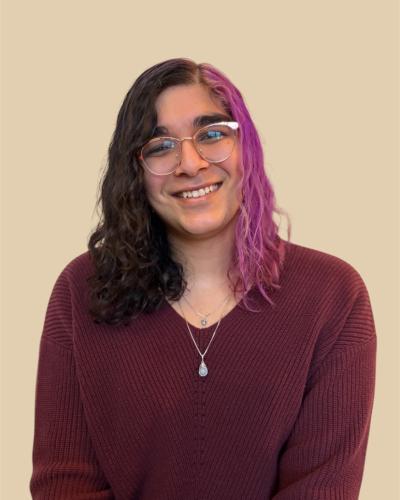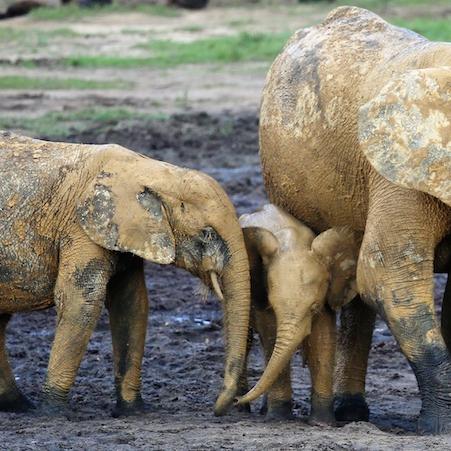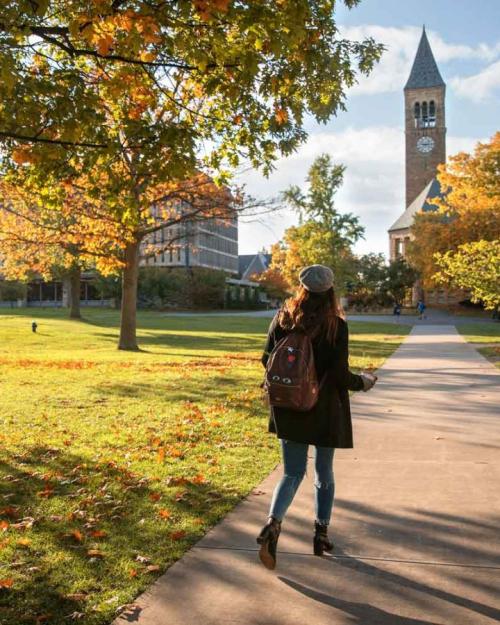In the 2023-24 academic year, Feminist, Gender, and Sexuality Studies, in concert with LGBT Studies, is sponsoring a Trans Studies Now speaker series—three separate events, with eight renowned speakers--that has attracted large audiences. Clearly, people care about the discrimination facing LGBTQ folks around the country (and the world).
Transgender studies is as an interdisciplinary field of academic research that dates to the late 1980s and has worked in conjunction with trans activists to increase trans visibility and rights. It is also a field whose relevance and urgency has become all the more apparent in recent years, as we have seen a concerted effort to repeal those hard-fought victories. In 2023, more than 80 anti-trans bills passed out of the 568 proposed across the country. In 2022, anti-trans legislation totals set a national record for the third year in a row, with 174 bills.
These laws and the hate mongers who propose them normalize discrimination and promote violence against trans and gender nonconforming people. The National Center for Transgender equality reports at least 47 deaths of transgender and gender-nonconforming people in 2022, a number that excludes both unreported cases and serious attacks that did not end in death. According to FBI data on hate crimes, sexual orientation motivated 17% of attacks, the third largest category after race and religion. This epidemic of violence disproportionately affects Black trans women.
In a coordinated effort by anti-LGBTQ+ groups, legislators across the country have overridden the recommendations of the American medical establishment and introduced hundreds of bills that target transgender and non-binary youth’s access to age-appropriate, medically necessary care. According to The Williams Institute, there are more than 300,000 high school transgender youth in the United States today, many who need gender affirming care. 45.4%, to136,300 young people live in states in which transgender youth have lost access to, or are at risk of losing access to, gender-affirming care, because of discriminatory laws and policies.
Hence, the title of our series: Trans Studies Now!
In addition to the series, we are engaged in hiring efforts to bring a dedicated trans studies scholar to our program, one that would enable us to expand course offerings in this area. Your contributions can aid in these efforts as well as in maintaining our other activities. Please consider a generous donation!
Support FGSS on March 14






